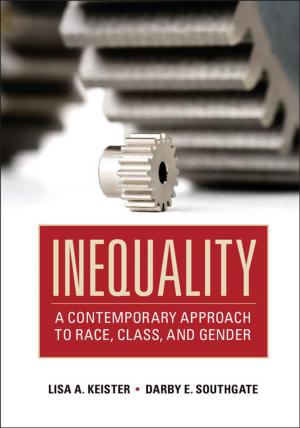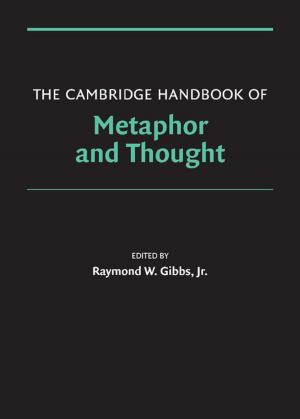The Politics of Heresy in Ambrose of Milan
Community and Consensus in Late Antique Christianity
Nonfiction, History, Ancient History, Religion & Spirituality| Author: | Michael Stuart Williams | ISBN: | 9781108505680 |
| Publisher: | Cambridge University Press | Publication: | October 19, 2017 |
| Imprint: | Cambridge University Press | Language: | English |
| Author: | Michael Stuart Williams |
| ISBN: | 9781108505680 |
| Publisher: | Cambridge University Press |
| Publication: | October 19, 2017 |
| Imprint: | Cambridge University Press |
| Language: | English |
Ambrose of Milan is famous above all for his struggle with, and triumph over, 'Arian' heresy. Yet, almost all of the evidence comes from Ambrose's own writings, and from pious historians of the next generation who represented him as a champion of orthodoxy. This detailed study argues instead that an 'Arian' opposition in Milan was largely conjured up by Ambrose himself, lumping together critics and outsiders in order to secure and justify his own authority. Along with new interpretations of Ambrose's election as bishop, his controversies over the faith, and his clashes with the imperial court, this book provides a new understanding of the nature and significance of heretical communities in Late Antiquity. In place of rival congregations inflexibly committed to doctrinal beliefs, it envisages a world of more fluid allegiances in which heresy - but also consensus - could be a matter of deploying the right rhetorical frame.
Ambrose of Milan is famous above all for his struggle with, and triumph over, 'Arian' heresy. Yet, almost all of the evidence comes from Ambrose's own writings, and from pious historians of the next generation who represented him as a champion of orthodoxy. This detailed study argues instead that an 'Arian' opposition in Milan was largely conjured up by Ambrose himself, lumping together critics and outsiders in order to secure and justify his own authority. Along with new interpretations of Ambrose's election as bishop, his controversies over the faith, and his clashes with the imperial court, this book provides a new understanding of the nature and significance of heretical communities in Late Antiquity. In place of rival congregations inflexibly committed to doctrinal beliefs, it envisages a world of more fluid allegiances in which heresy - but also consensus - could be a matter of deploying the right rhetorical frame.















